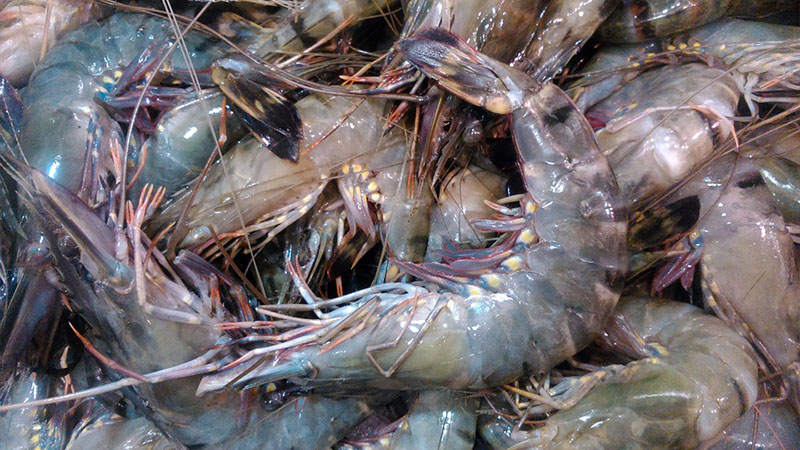Exclusive content

A congressional committee in the United States is currently investigating allegations of slave labor in the Indian shrimp industry. These practices are contributing to the rock-bottom shrimp prices that are negatively affecting Louisiana shrimpers.
Scope of the Investigation
The House Committee on Natural Resources is investigating not only accusations of forced labor but also the importation of illegally obtained fish products. Additionally, the committee is examining fraudulent reporting through the Seafood Import Monitoring Program and the illegal use of antibiotics.
The investigation, which began in March, was initiated by three independent media reports that revealed alleged slave labor practices and the use of banned antibiotics in the Indian shrimp industry.
Impact of Imported Shrimp on the American Market
Since about 2018, frozen, already peeled Indian shrimp have significantly contributed to the decline of the American shrimping industry. Imports from Ecuador, Indonesia, and Vietnam have also played a role in this issue. The committee’s current focus is on an Indian company that has been accused by whistleblowers.
India is the largest importer of shrimp into the U.S., accounting for 40% of imports, followed by Ecuador at 27.8%, Indonesia at 16.9%, and Vietnam at 6.6%. Countervailing duties have been imposed against these countries but have not sufficiently supported American shrimpers. The tariffs are as follows: India 4.36%, Ecuador 7.55%, Vietnam 2.84%, and Indonesia less than 1%. These duties were established after it was proven that India was dumping shrimp in the American market.
Decline in American Shrimp Industry
The health of the American shrimp industry can often be measured by the number of landings each year, which have been on a mostly steady decline since 2001, with only five years above the downhill trend. The value of these landings has also plummeted, from USD 738 million in 2001 to USD 393 million in 2022. Since 2019, Gulf shrimp prices have seen a substantial decline, with the largest shrimp (15 shrimp to the pound or less) dropping in dockside price from USD 8.50 to USD 5.24.
The Southern Shrimping Alliance has been raising awareness of these issues for years and has advocated for tariffs against the illegal trade practices of countries that harm the American shrimping industry. Following the revelation of forced labor, the alliance requested the Department of Labor to add Indian shrimp to the list of goods produced through forced labor. This addition would prevent U.S. purchases of Indian shrimp associated with forced labor, specifically a brand known as “Freedom’s Choice.”
Forced Labor and Antibiotics Concerns
The alliance tracked shrimp produced through forced labor and found that Freedom’s Choice, a packager for the shrimp, serves its product in U.S. Military commissaries. The Department of Labor has yet to respond to these findings.
Some antibiotics banned by the FDA for consumption have been found in Indian shrimp according to the reports. American shrimpers have expressed concerns that the FDA does not conduct enough testing at U.S. entry ports to detect these banned substances. Recently, Choice Canning Inc., the subject of the whistleblower report, was rejected at a U.S. border for containing antibiotics.
Future Regulations
The Southern Shrimp Alliance noted that Europe has stricter enforcement of policies on imported shrimp, and imports rejected by Europe have often entered the U.S. market. The FDA plans to implement traceability requirement changes in 2026 as part of the Food Safety Modernization Act, which was passed in 2011 and applies to finfish and many shellfish.